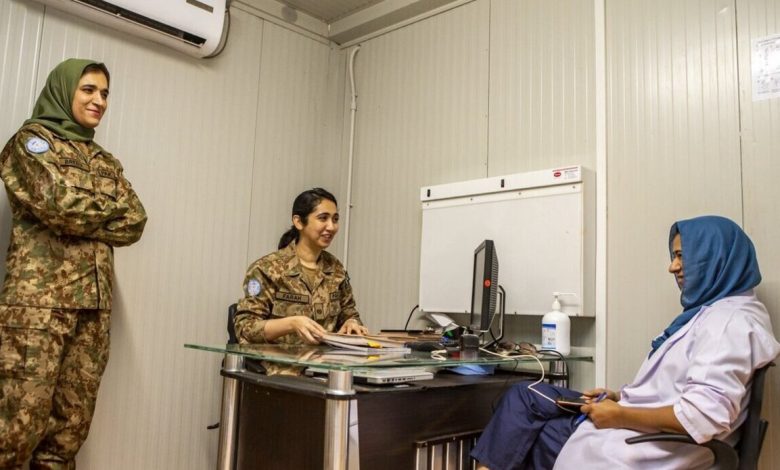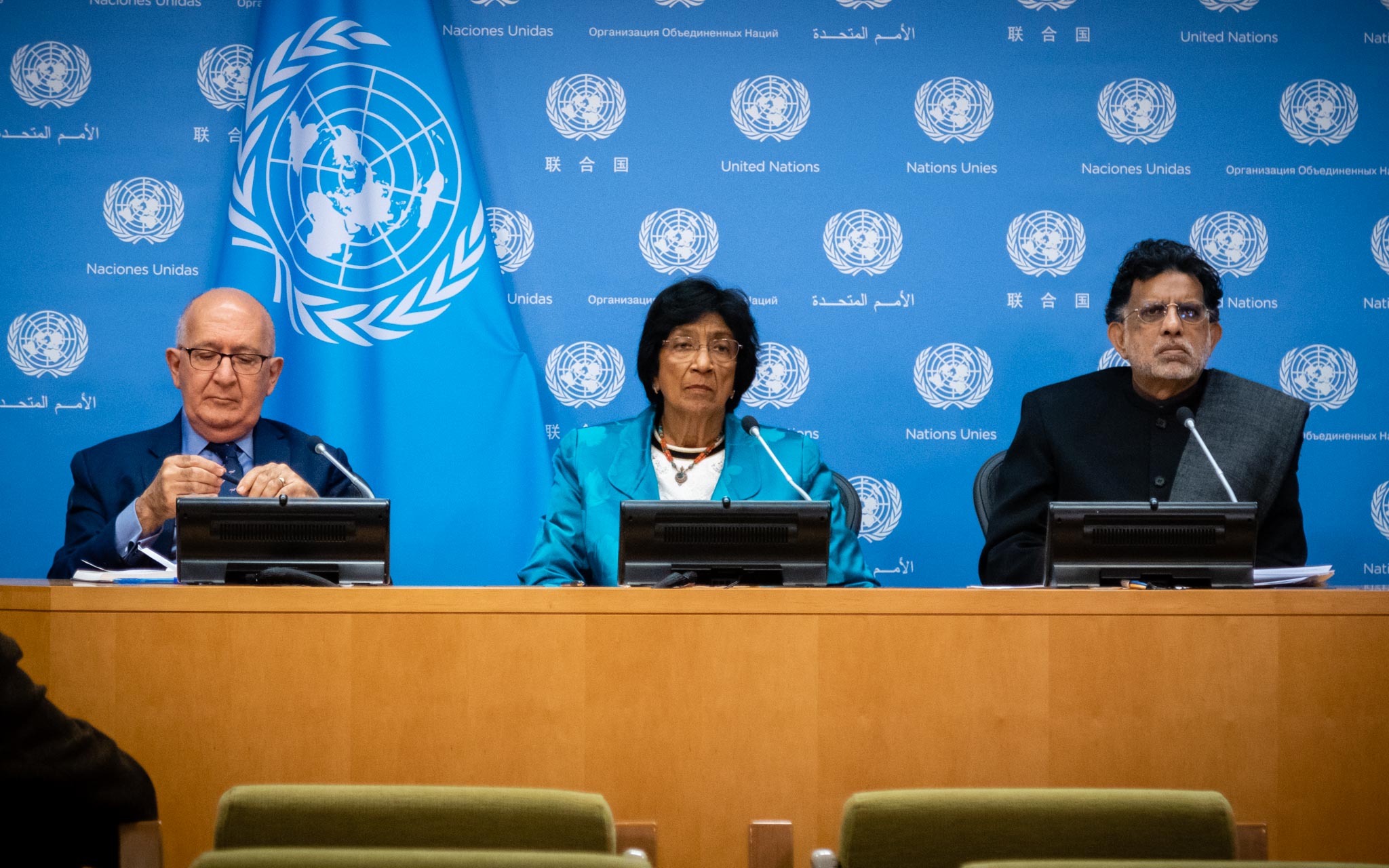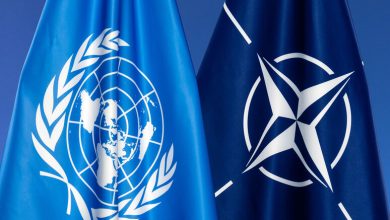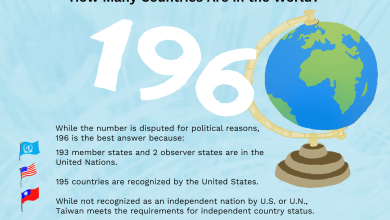How to Work for United Nations As a Doctor: Ultimate Guide

To work for the United Nations as a doctor, you need relevant qualifications and experience. Apply through the UN Careers portal.
The United Nations employs doctors for various roles worldwide. These roles may involve humanitarian aid, emergency response, and public health initiatives. Doctors working for the UN often serve in conflict zones or areas affected by natural disasters. Candidates must hold an advanced medical degree and have substantial experience in their field.
Language proficiency in English or French is essential, with additional languages being advantageous. Opportunities range from short-term missions to long-term assignments. Working for the UN offers the chance to impact global health positively while gaining unique professional experiences. Ensure your CV and cover letter highlight relevant skills and experiences to improve your application’s success.

Credit: peacekeeping.un.org
Un Mission Types
Doctors help keep peace in troubled areas. They treat wounded soldiers and civilians. Medical skills are crucial in these missions. Doctors also provide medical training to local healthcare workers. They work in difficult environments and must be very adaptable. Peacekeeping missions need doctors who can handle stress.
Doctors in humanitarian missions save lives. They help people affected by disasters and conflicts. Doctors treat diseases and injuries. They also provide vaccinations and medical supplies. Health education is another important task. Doctors teach communities how to stay healthy. They work with other aid organizations. Teamwork is essential for success.
Credit: www.undp.org
Qualifications Needed
A medical degree, relevant certifications, and experience in public health or humanitarian work qualify doctors for United Nations roles. Fluency in multiple languages and strong interpersonal skills enhance your candidacy.
Medical Degree Requirements
Doctors need a medical degree from a recognized university. This degree must be approved by relevant medical boards. Clinical experience is also important. Doctors should have at least two years of experience in a clinical setting. Internships and residencies count as experience.
Specialized Training
Specialized training in public health or epidemiology is valuable. This training helps in dealing with global health issues. Emergency medicine skills are also useful. Training in tropical medicine is a big plus. Language skills can also help, especially UN official languages like French and Spanish.
Application Process
Search for jobs on the official United Nations website. Other platforms like LinkedIn also list UN jobs. Check frequently for new postings. Create alerts for job openings. Use keywords like “doctor” and “medical officer”. Be sure to read job descriptions carefully. Some positions may need specific qualifications. International experience can be a plus.
Tailor your resume for each job. Highlight your medical qualifications and experience. Mention any relevant certifications. Include your language skills. UN jobs often need multilingual candidates. Keep your resume clear and concise. For the cover letter, explain why you want to work for the UN. Show your passion for global health. Be honest and genuine. Proofread both documents carefully.

Credit: www.timesofisrael.com
Interview Preparation
Interviewers may ask about your medical background. They might want to know about your experience in different countries. Be ready to discuss challenges you have faced and how you solved them. You may get asked about your teamwork skills. Expect questions about ethical dilemmas. They might ask why you want to work for the United Nations. Be prepared to discuss language skills too. Knowing more than one language can be a big plus.
Practice mock interviews with friends. Research the United Nations and its goals. Wear professional attire to the interview. Keep your answers concise and to the point. Show your passion for humanitarian work. Prepare questions to ask the interviewer. Be honest about your skills and experiences. Make sure to follow up with a thank-you email.
Life On Mission
Doctors often live in basic housing. Rooms usually have essential amenities only. Expect to share spaces with other doctors. Water and electricity can be limited. Food is simple but nutritious. Local cultures may influence daily routines. Adaptability is key for a smooth experience.
Safety is a top priority for the United Nations. Areas may have security personnel. Follow all safety protocols strictly. Avoid risky areas and follow guidelines. Doctors receive safety training before missions. Always stay informed about local conditions.
Frequently Asked Questions
Can You Work As A Doctor For The Un?
Yes, you can work as a doctor for the UN. Apply through UN job portals or specialized agencies. Meeting specific qualifications and experience is required.
What Qualifications Do You Need To Work For The United Nations?
You need a relevant degree, professional experience, and language proficiency. Specialized roles may require advanced degrees and specific skills.
Is It Hard To Get A Job In United Nations?
Yes, getting a job at the United Nations can be challenging. The application process is competitive and rigorous. Relevant experience, advanced degrees, and multilingual skills improve your chances. Networking and internships also help.
How Do You Get A Job Working For The Un?
Apply online at the UN Careers portal. Tailor your resume to match the job requirements. Gain relevant experience and skills. Network with current or former UN employees. Prepare thoroughly for interviews and assessments.
Conclusion
Pursuing a career with the United Nations as a doctor is both rewarding and impactful. Follow the steps outlined, stay dedicated, and enhance your qualifications. Networking and applying strategically will boost your chances. Embark on this journey to make a significant difference in global health.
Your dedication can truly change lives.



